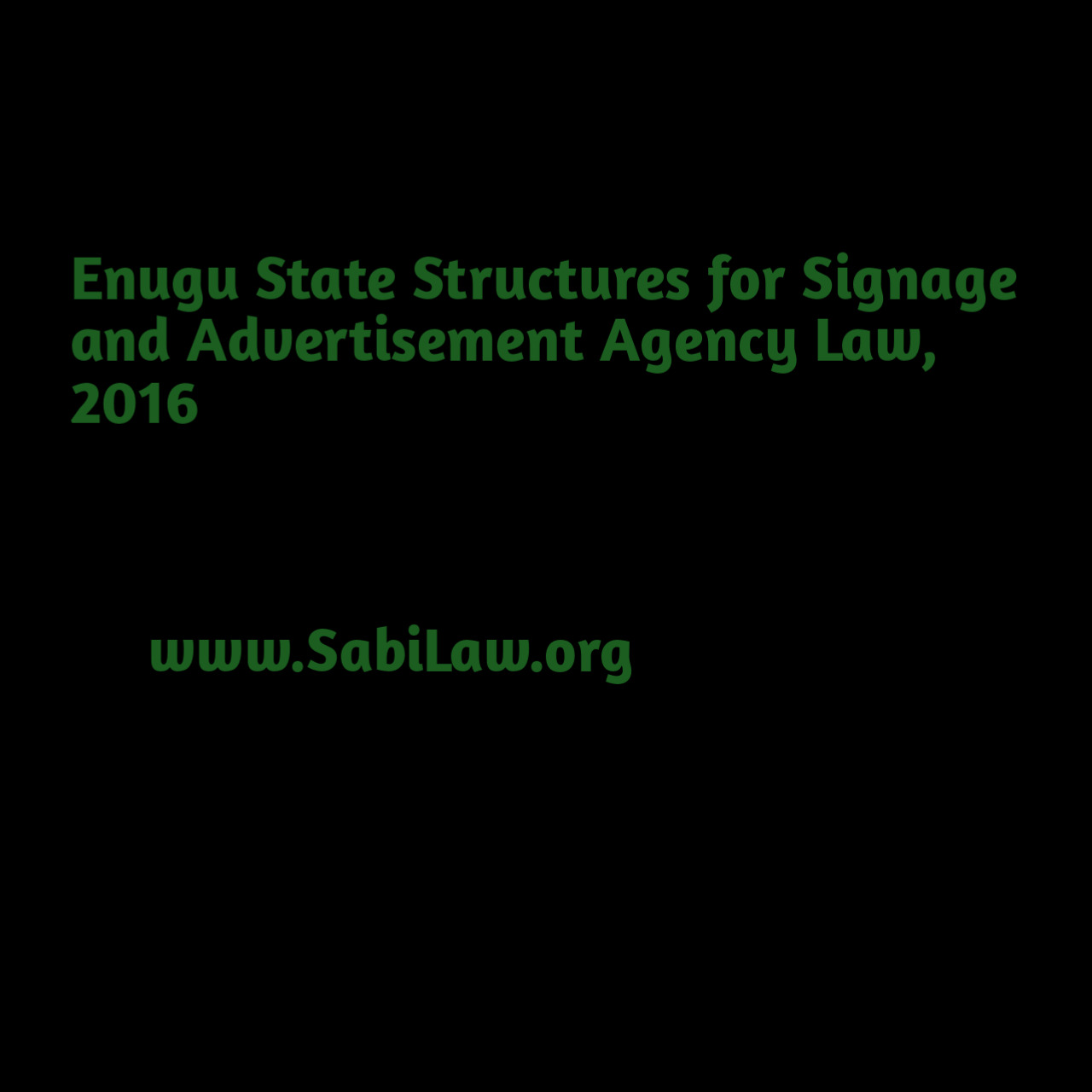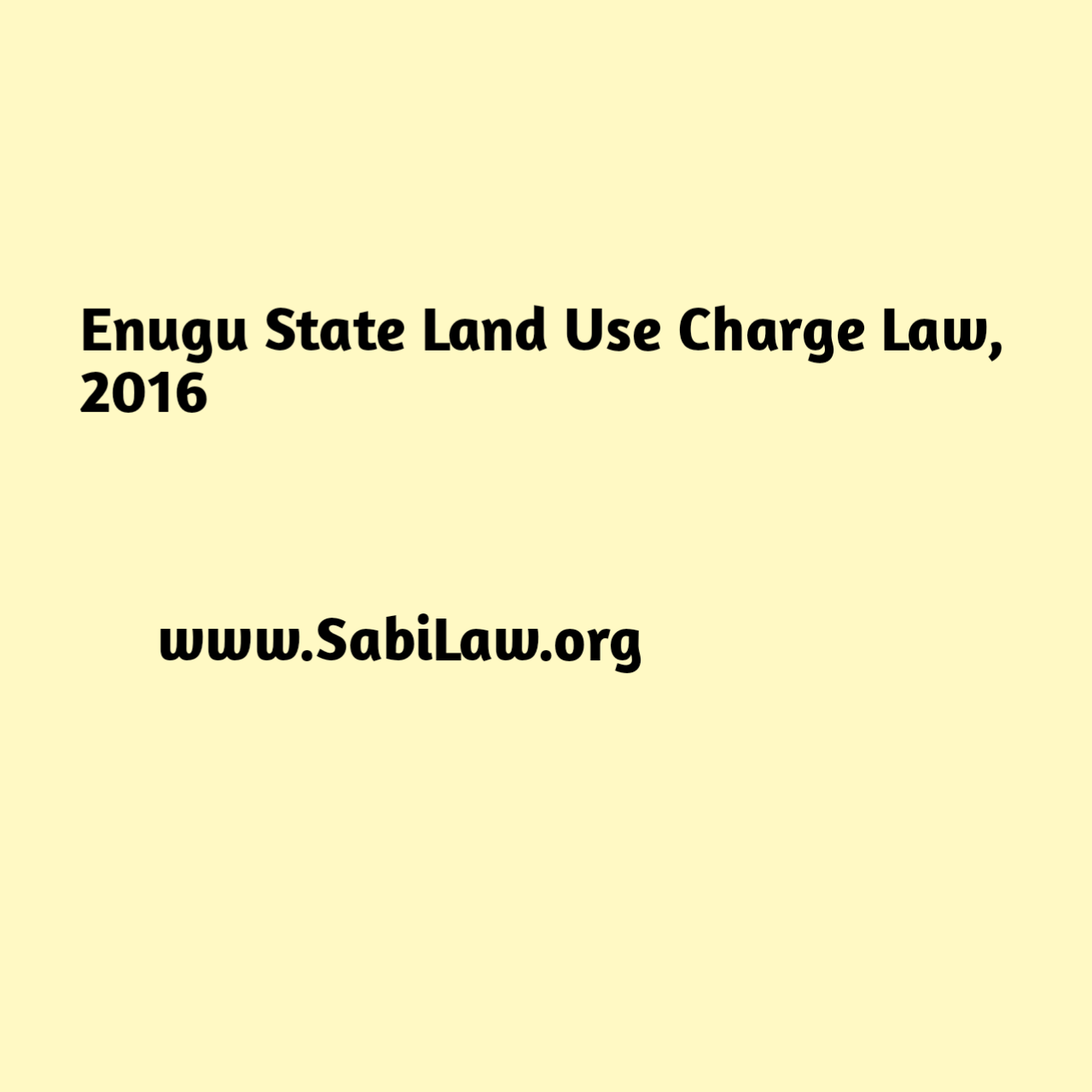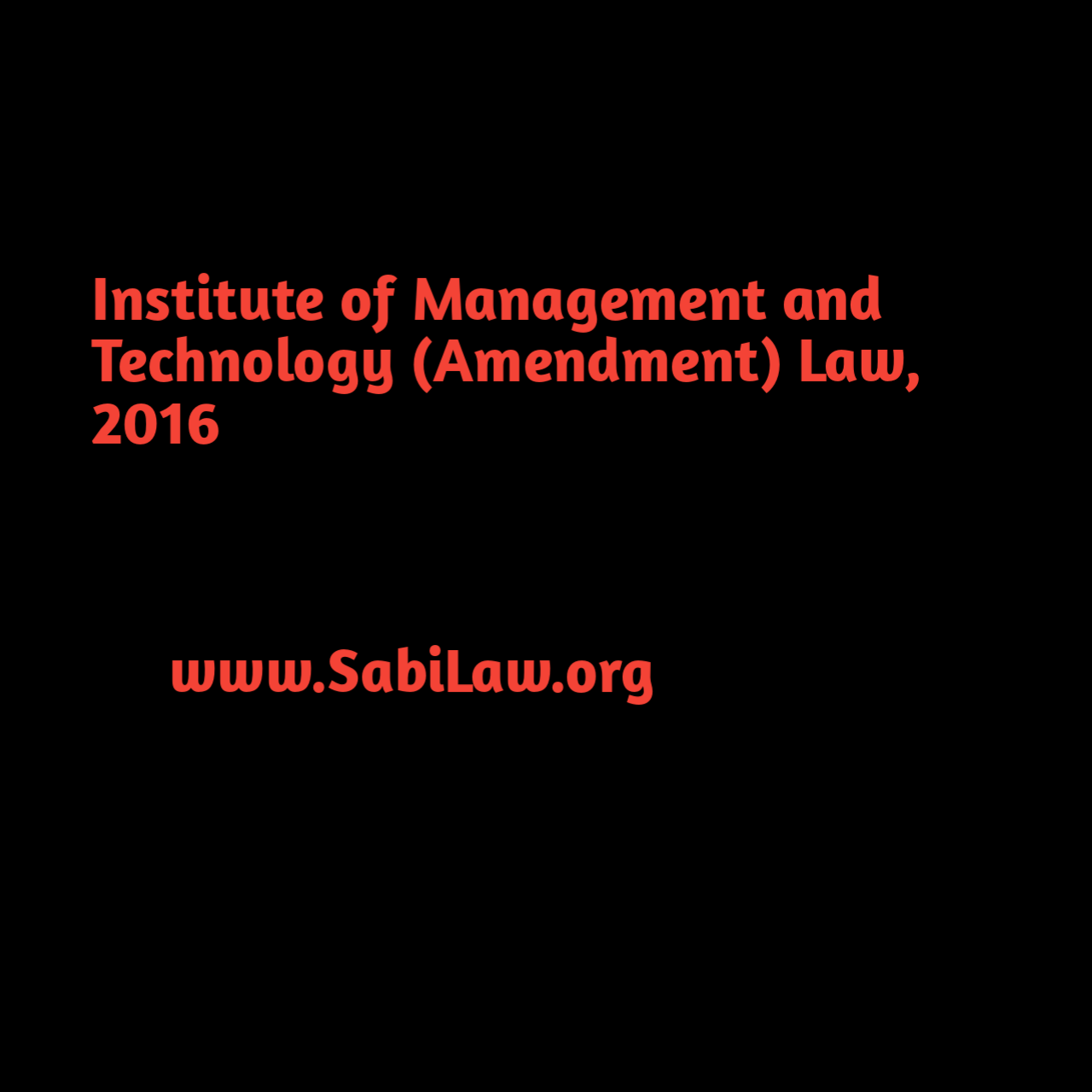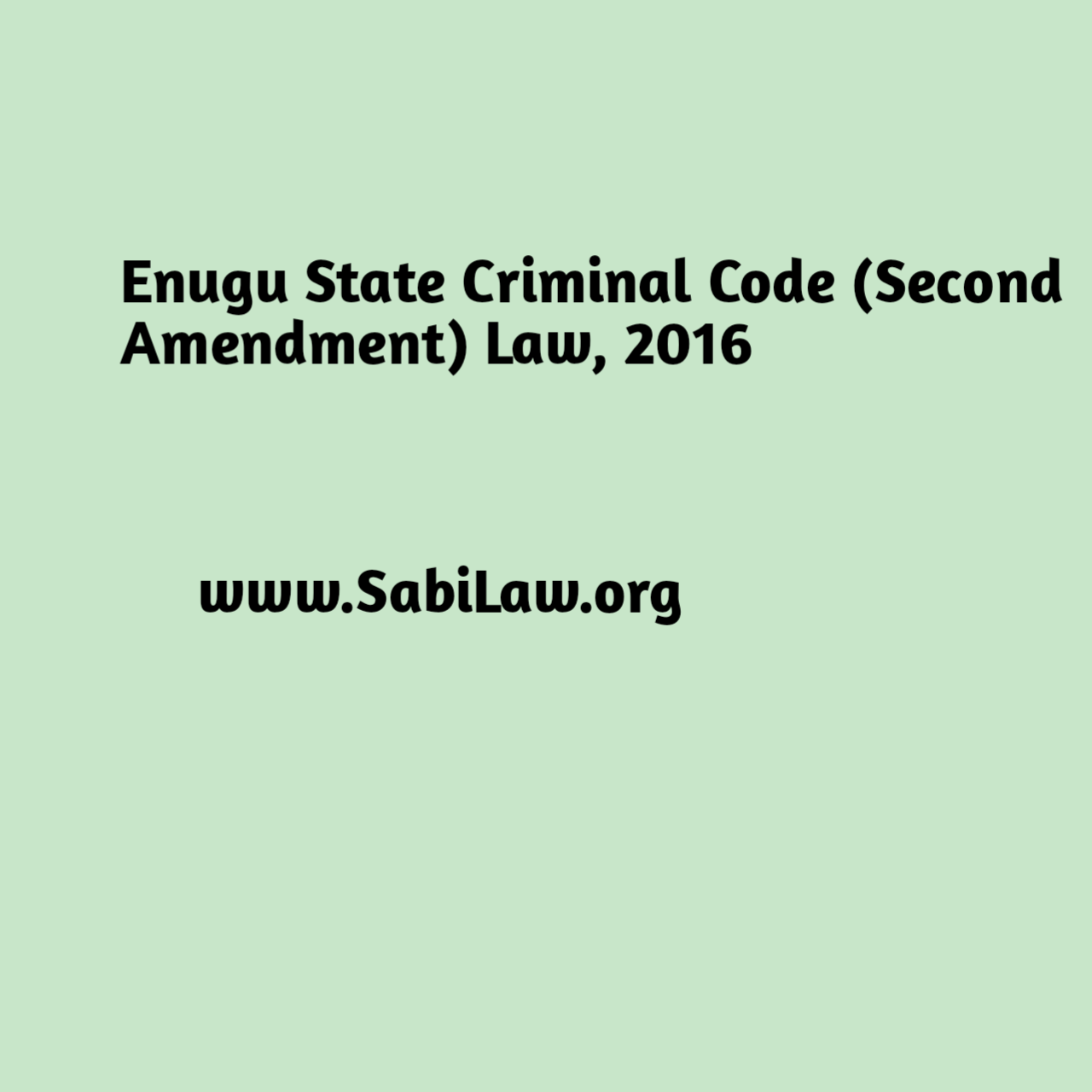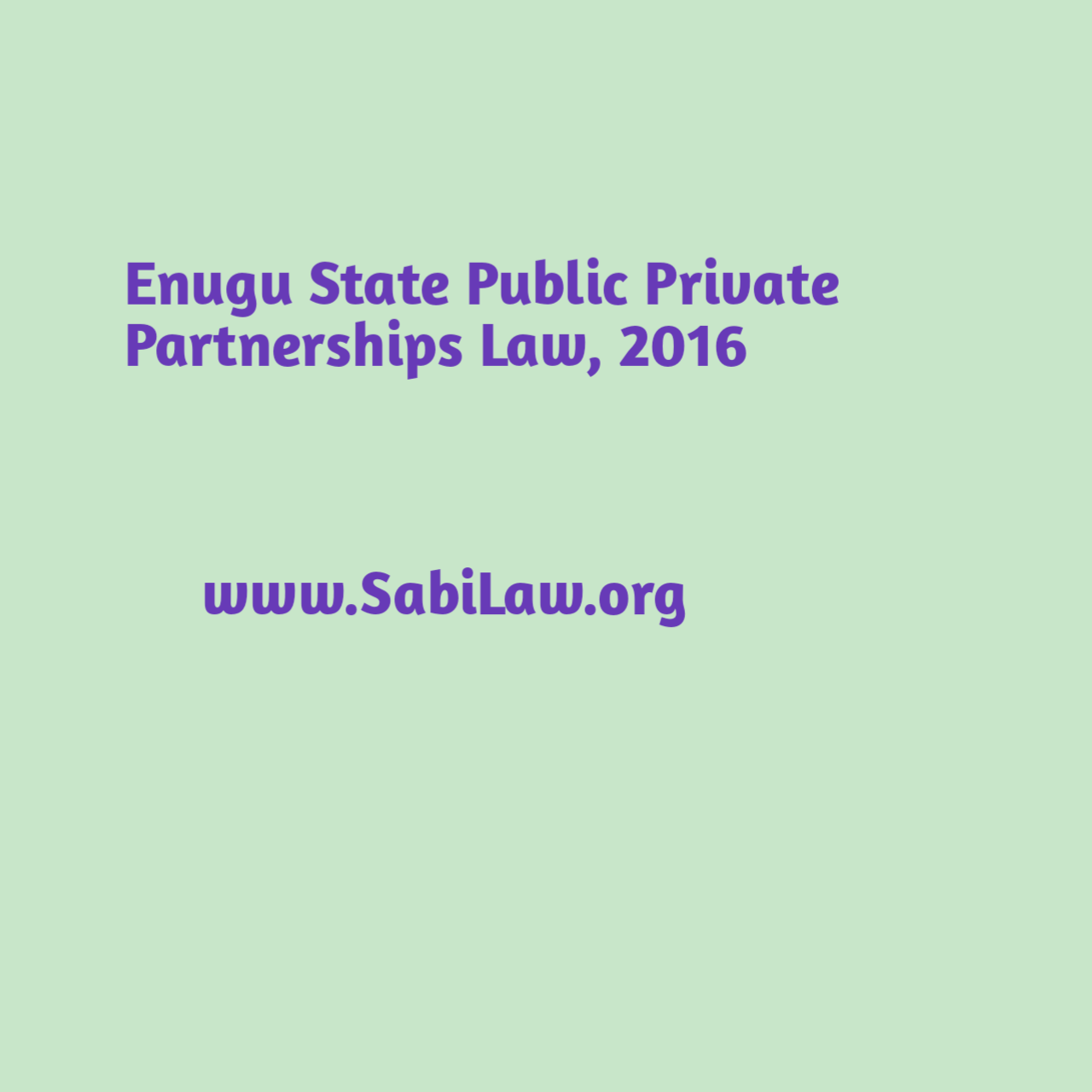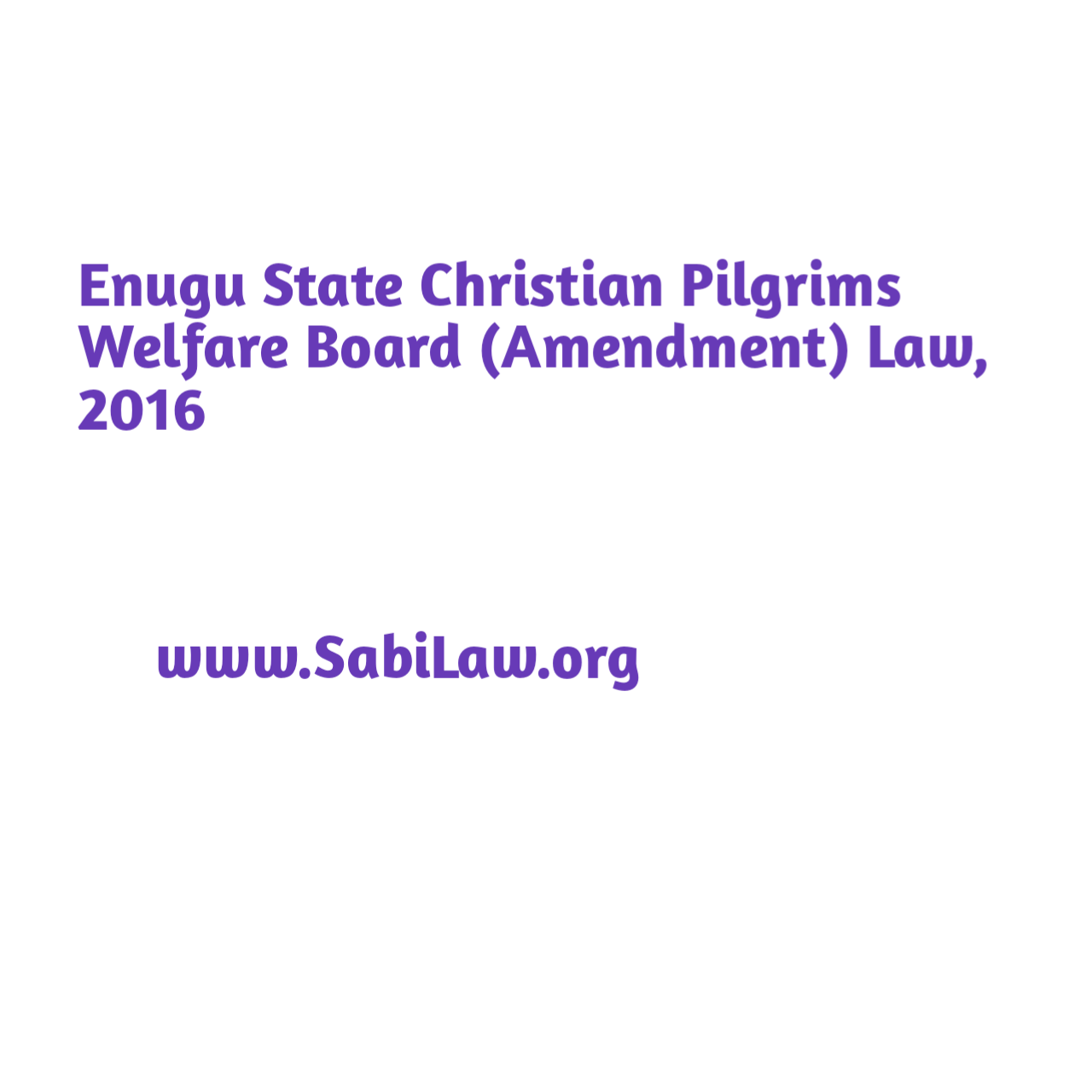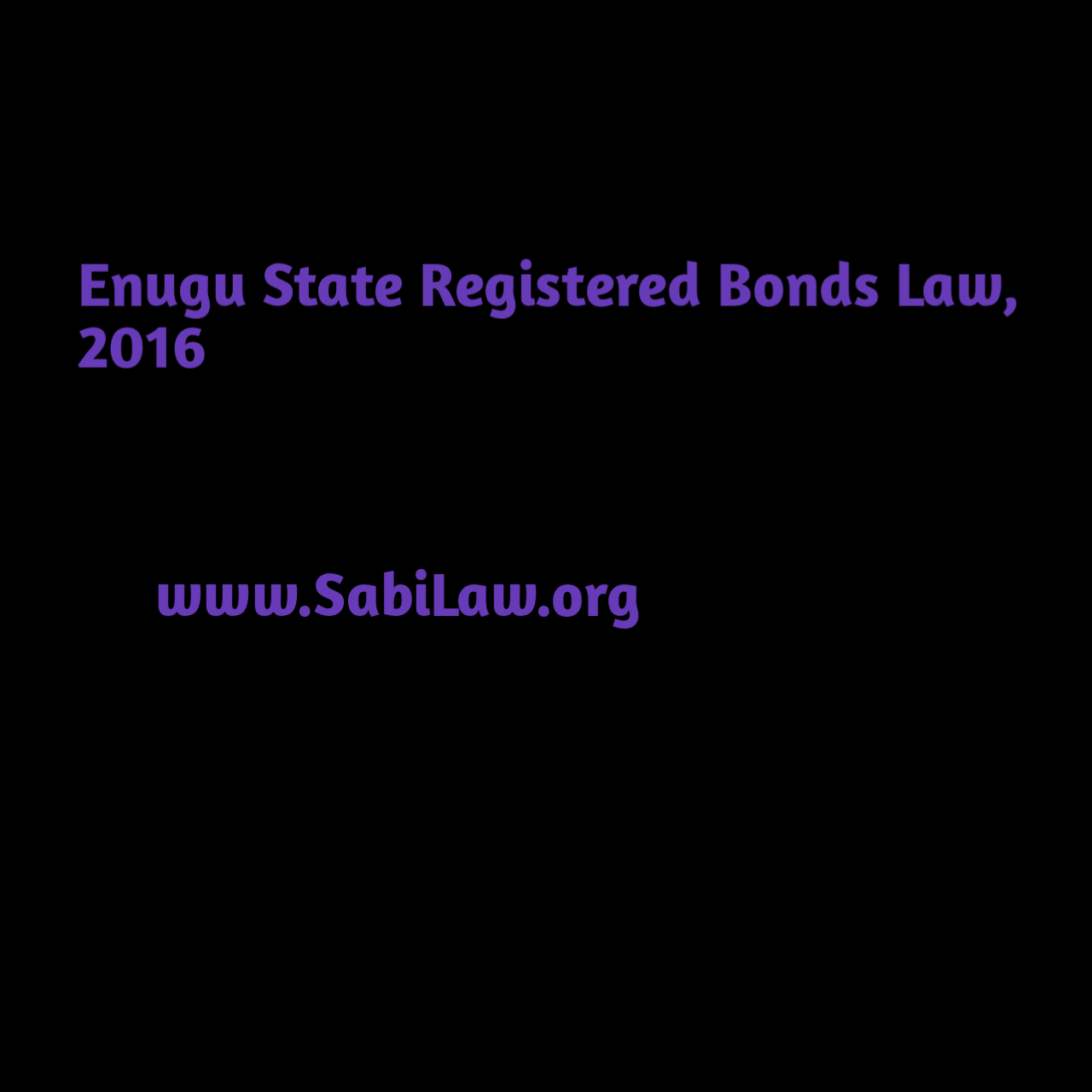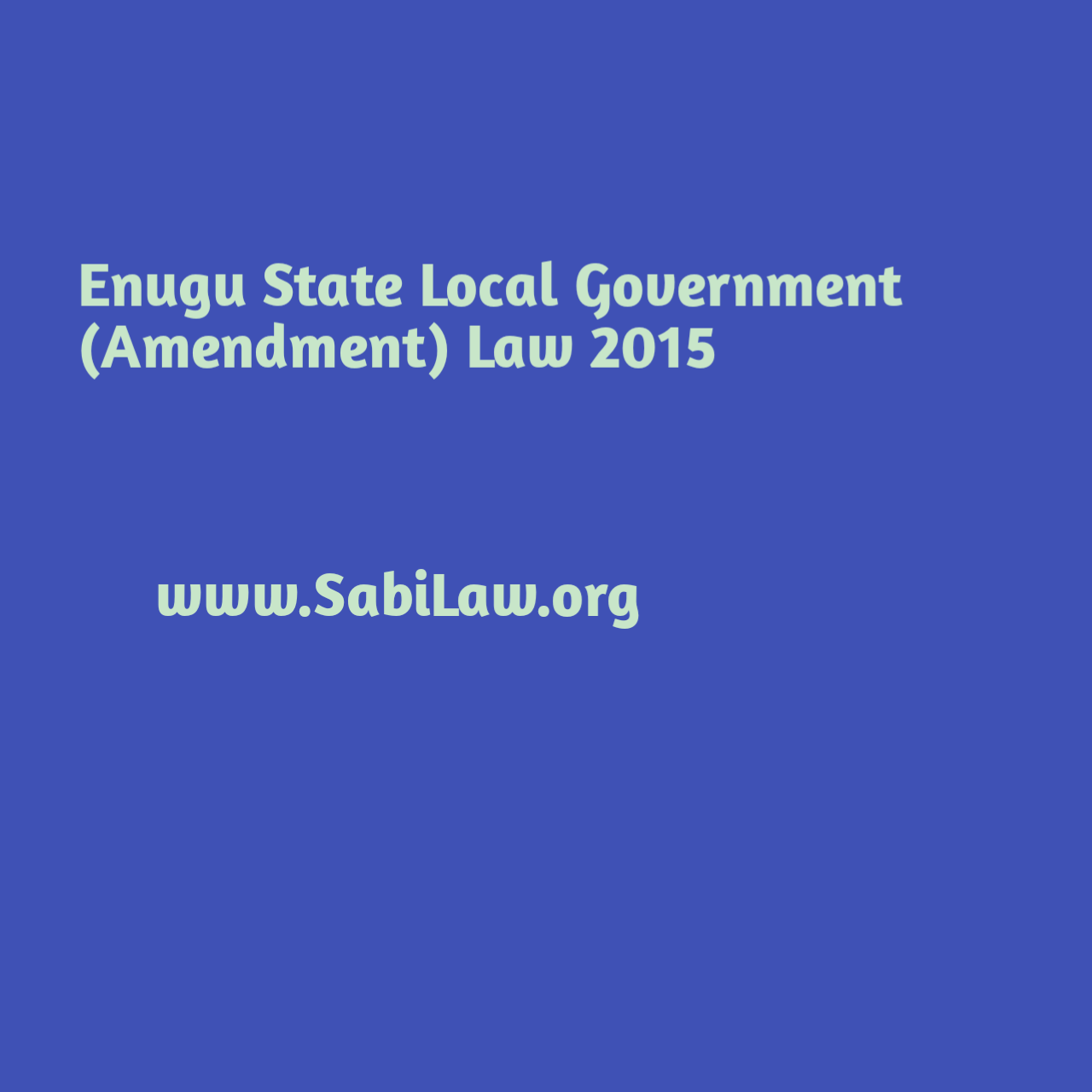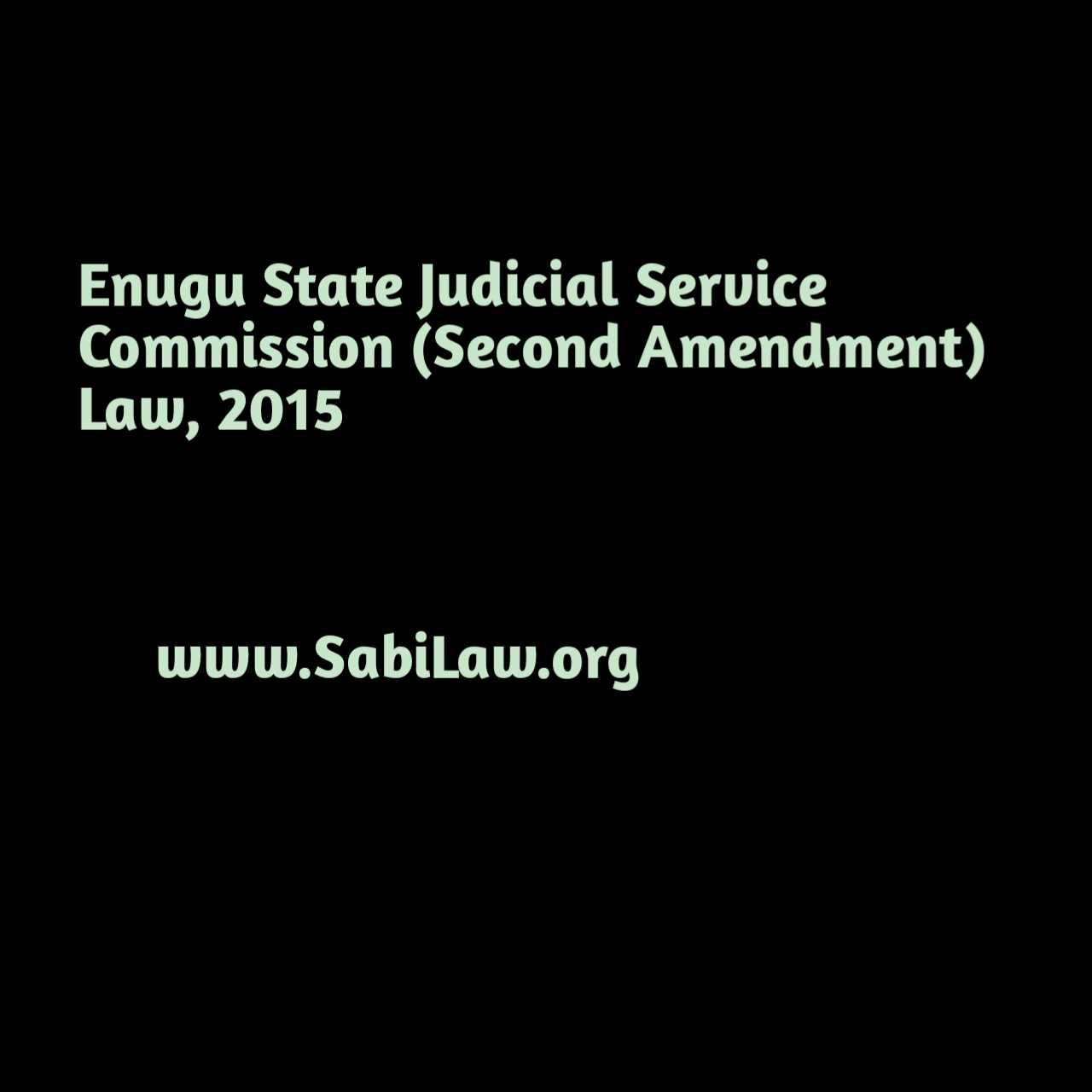Who Is A Reasonable Person In Nigeria? Daily Law Tips (Tip 658) by Onyekachi Umah, Esq., LL.M, ACIArb(UK)
It is common to find many laws and rules, creating or leaving duties and affairs of men to the standard of a reasonable person. So, several things in law are not measured mathematically, economically, socially, financially or emotionally rather according to what a reasonable person will do or think. The big question is, “Who is a reasonable person?”
Flipping through the pages of laws, you will come across the phrase “Reasonable Person” even without a definition. A Nigerian comedian once said that most duties in law are left for a reasonable person and in a country with hunger and anger, finding a reasonable person is hard, hence laws are rarely observed.
Law thrives on logic; objective thinking. That is, irrespective of selfishness, what will any right-thinking person do? The Supreme Court of Nigeria, has not left the status of a reasonable person to debate. The apex court has set a definition and parameter for detecting a reasonable person. Below are the words of the final court in Nigeria.
- “A reasonable person is a person with reason having a faculty of the mind by which he distinguishes truth from falsehood, good from evil. A reasonable person is a fair, proper and just and unbiased person. An impartial observer is not partial. He favours neither the plaintiff nor the defendant. He is disinterested in the matter, as he treats both the plaintiff and the defendant alike. He is an unbiased person. Both the reasonable person and the impartial observer are the hypothetical legal standard for determining or judging fairness, fair play and equity. The test of the reasonable man in Nigerian Courts is no more the man at the Clapham junction in London but one in anywhere in the Nigerian cities.” (DISSENTING) Per NIKI TOBI ,J.S.C ( Pp. 58-59, para. A ) in the case of PAM & ANOR v. MOHAMMED & ANOR (2008) LPELR-2895(SC).
Click to read my earlier works on Fair Hearing.
My authority is:
- The judgment of the Supreme Court of Nigeria in the case PAM & ANOR v. MOHAMMED & ANOR (2008) LPELR-2895(SC)
#SabiLaw
#DailyLawTips
#SabiBusinessLaw
#SabiElectionLaws
#SabiHumanRights
#SabiLawOnBeatFm
#SabiLawLectureSeries
#CriminalJusticeMonday
#SabiLawVideoChallenge
Speak with the writer, ask questions or make inquiries on this topic or any other via info@LearnNigerianLaws.com or onyekachi.umah@gmail.com or +2348037665878. To receive our free Daily Law Tips, follow our Facebook Page:@LearnNigerianLaws, Instagram:
@LearnNigerianLaws and Twitter: @LearnNigeriaLaw
Please share this publication for free till it gets to those that need it most. Save a Nigerian today! NOTE: Sharing, modifying or publishing this publication without giving credit to Onyekachi Umah, Esq. and “LearnNigerianLaws.com” is a criminal breach of copyright and will be prosecuted.
This publication is the writer’s view not a legal advice and does not create any form of relationship. You may reach the writer for more information.
Powered by www.LearnNigerianLaws.com {A Free Law Awareness Program of Sabi Law Foundation, supported by the law firm of Bezaleel Chambers International (BCI).}












































